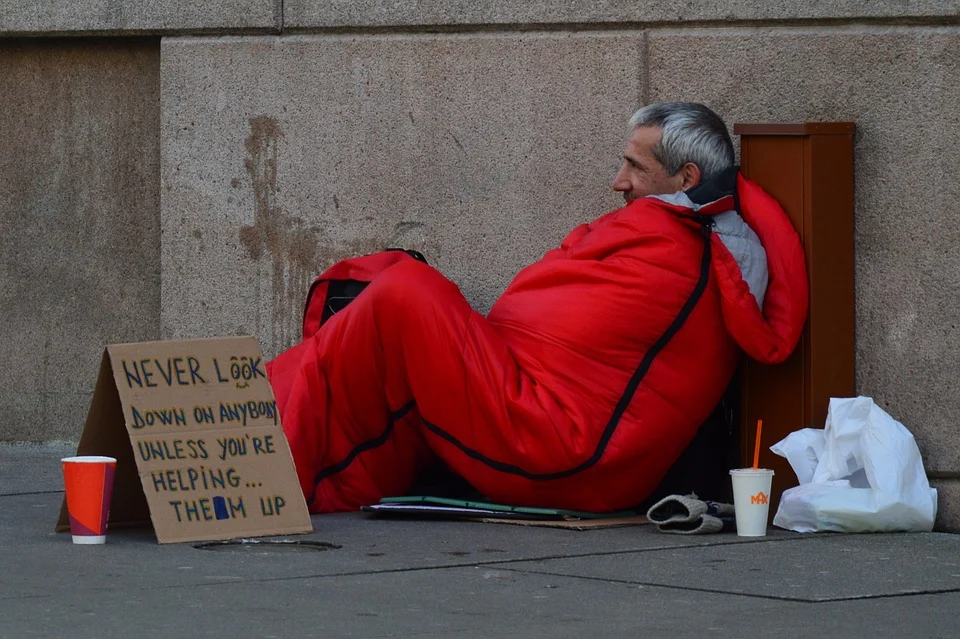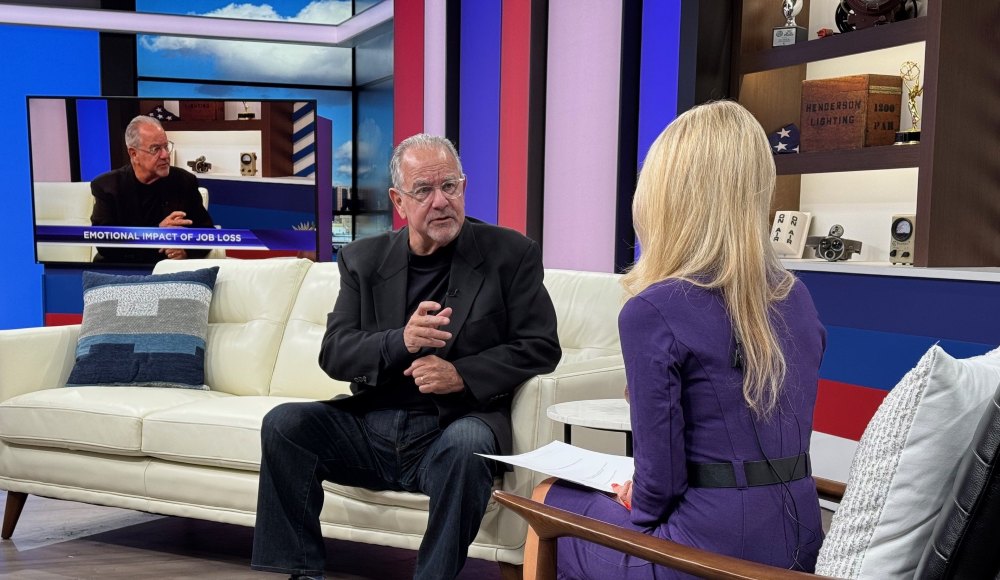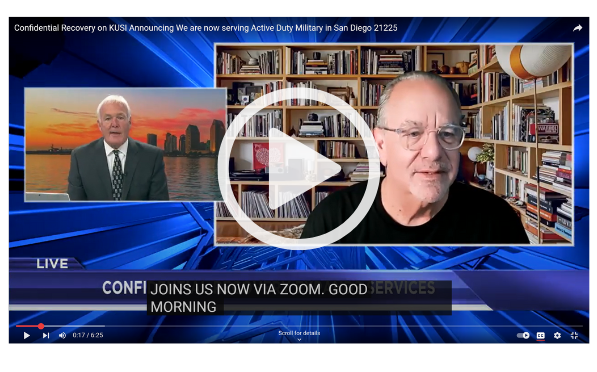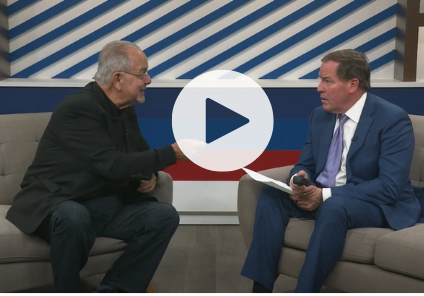As I mentioned in an April interview with California Insider, almost half of the homeless people in the United States can be found in California. As of 2020, 70% of those people were unsheltered.
With so much money dedicated to the problem, why is it still a problem?
Chances are, you’ve heard about the tent cities in Oceanside, California. You probably know how the county tried to solve that problem. They sent in law enforcement to break up the encampments, gave everyone a voucher for a hotel or motel, and then placed boulders on the sidewalks so they couldn’t come back.
I’m still not sure what they were thinking. Putting people in a hotel for a few weeks is not going to affect their future or overall well-being. Those who were drinking and using will continue drinking and using. The only change will be that they’ll have to walk a few extra blocks to set up their tent once their time under a roof is up.
In my opinion, the issue is obvious. We need a long-term solution. How much money did the county invest in this forced exodus? And how long will it last? A month? They should have spent the money on job training, education, and recovery services.
However, this kind of long-term thinking requires organization, and that is something severely lacking in our community—at least where the homeless are concerned.
Social services and law enforcement work against one another. For example, social services provide food to the homeless. The homeless form a crowd. Someone calls law enforcement to disperse the crowd.
Nonprofit organizations must compete for funding opportunities. If they underestimate the amount of funding they need, their services end. If they don’t receive the funding they need, their services end.
Everything to do with the homeless is thought of in the short-term.
I saw this when I was a part of Project 25. The model for this housing program included outreach, intake, assessment, stabilization, housing, food, healthcare, mental health support, and education. And it worked!
However, funding ran out after about 3 years.
It also doesn’t help that some social workers I’ve met admit that a self-sufficient client would be bad for business. That was pretty appalling.
All of these factors inspired me to begin my own nonprofit, Second Chance. Our mission is to disrupt the cycles of incarceration and poverty by helping people find their way to self-sufficiency. Clearly, doing the same thing time and again and expecting different results isn’t working.
People need help; they need individualized help. We need to stop giving people fish and teach them to fish.
There are a variety of individuals facing homelessness in San Diego, from seniors and teens to, of course, addicts. All of these groups have different needs and require different resources before they are able to get back on their feet. The National Coalition for the Homeless states that substance abuse can be the cause and the result of homelessness.
Let’s stop scooping the users, the uneducated, and the mentally ill off the streets only to make them some other street’s problem. Instead, let’s actually help them. Let’s create access to education, medical assistance, mental health professionals, and recovery programs.
And don’t forget, if your situation with a loved one, spouse, or child has started to spiral, call me at 619-993-2738. Scott is the Founder and CEO of Confidential Recovery, an outpatient addiction treatment program in San Diego.
(c) 2021 Scott H Silverman. All Rights Reserved.






